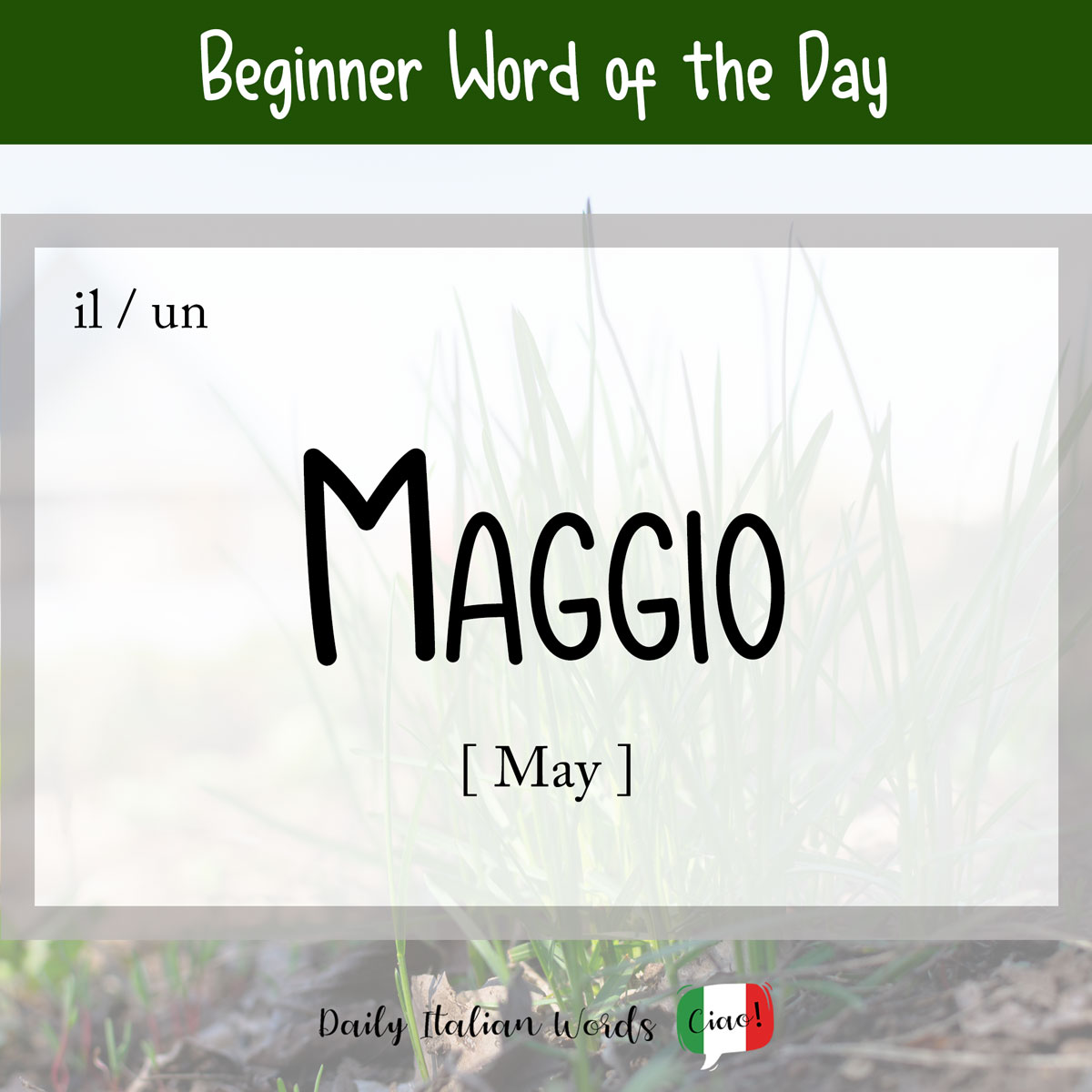Italian Word of the Day: Aglio (garlic)
One of the key ingredients in most Italian dishes is aglio, the word for garlic in Italian. A bulb of garlic in Italian is testa d’aglio, which literally translates as a “head of garlic”, and each bulb is made up of a number of spicchi d’aglio (garlic cloves). Pensi che io abbia messo troppo aglio …






